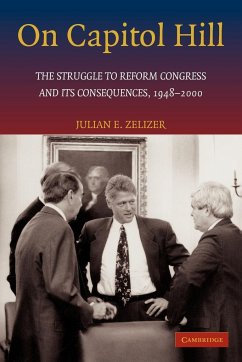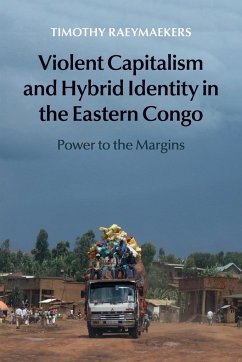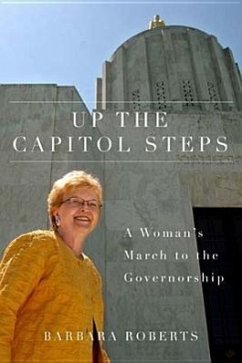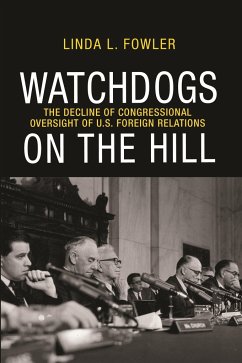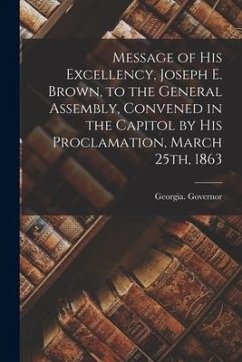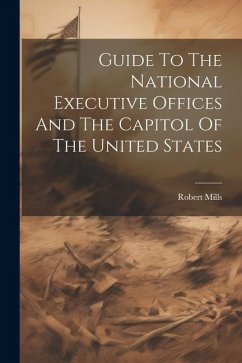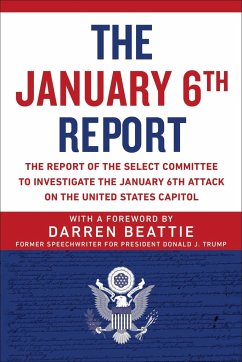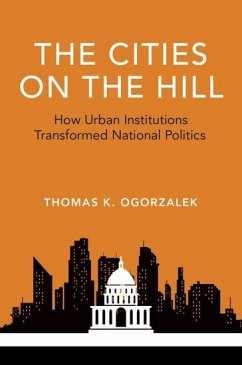
From the Congo to Capitol Hill
A Coming-of-Age Memoir
Versandkostenfrei!
Versandfertig in über 4 Wochen
13,99 €
inkl. MwSt.

PAYBACK Punkte
7 °P sammeln!
"Memoir, spanning two continents and two life-stages, of an American child of the 1960s' intimate engagement with the Congo. Caught up in a racially fraught crisis at an American White missionary-led university in the Congo, a young American professor is publicly fired. Several years later, he becomes a key staff aide for a congressional committee battling, amidst Cold War anxieties, to distance the U.S. from the "friendly" Congo dictator's corruption and human rights abuses. This rare insider's account provides revealing first hand insights into some of today's burning issues: the dynamics of...
"Memoir, spanning two continents and two life-stages, of an American child of the 1960s' intimate engagement with the Congo. Caught up in a racially fraught crisis at an American White missionary-led university in the Congo, a young American professor is publicly fired. Several years later, he becomes a key staff aide for a congressional committee battling, amidst Cold War anxieties, to distance the U.S. from the "friendly" Congo dictator's corruption and human rights abuses. This rare insider's account provides revealing first hand insights into some of today's burning issues: the dynamics of racial conflict, the paranoia and narcissism of authoritarian regimes and the hidden dysfunctions of the U.S. Congress, State Department and pundit press. At the same time, it is a tale of sometimes painful personal and political growth"--



